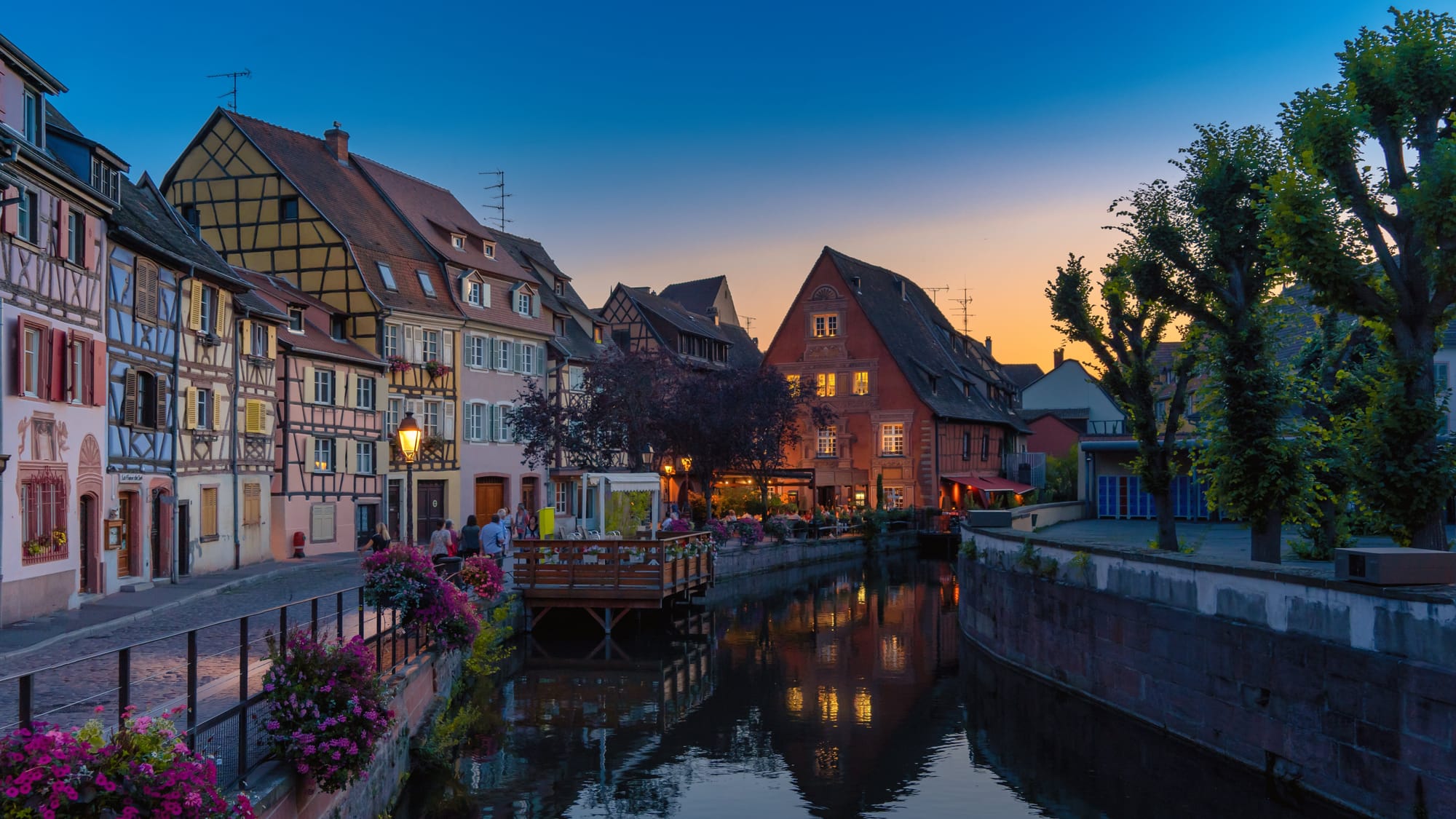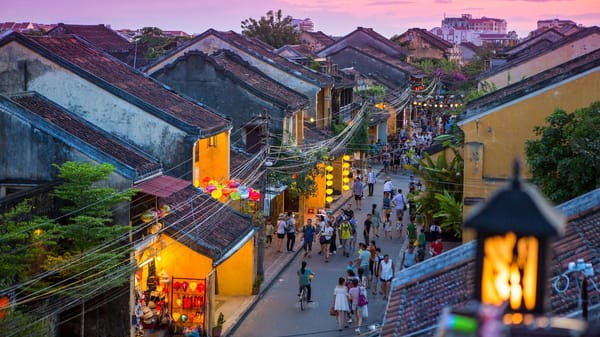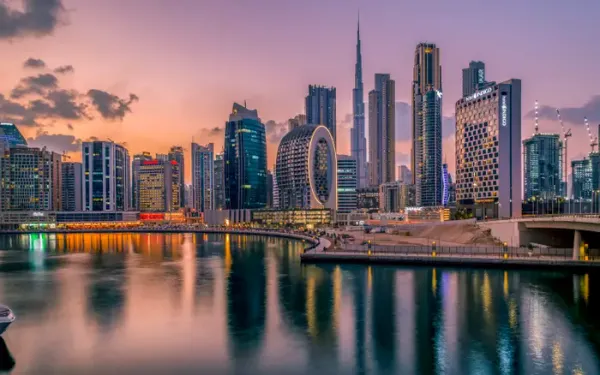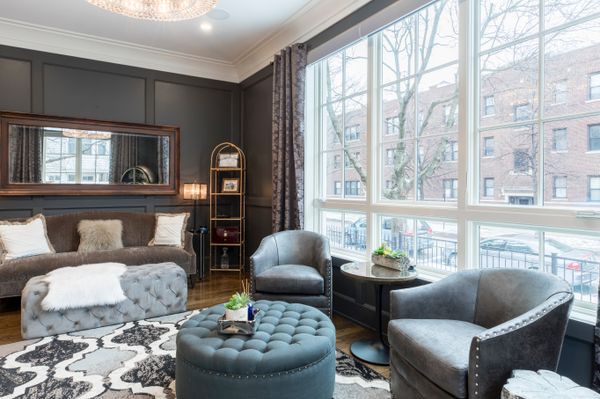France, known for its rich culture, diverse landscapes, and strong economy, presents an attractive landscape for real estate investments. As the third-largest economy in Europe and the sixth-largest globally, it offers a stable and promising arena for investors. The country's real estate market is robust, driven by high demand for both residential and commercial properties. In 2023, according to the National Institute of Statistics and Economic Studies (INSEE), the real estate sector in France represented 14% of the country's GDP. The same year saw a 2% increase in property prices, continuing the upward trend observed in the past decade. Furthermore, the rental market in France proves lucrative, with an average rental yield of 3.5% nationally, and up to 6% in popular cities like Paris. This data showcases the potential of investing in France's real estate market. However, potential investors should also be cognizant of the country's property laws, tax regimes, and unique regional market characteristics.
Robust Market
The French real estate market is driven by high demand for both residential and commercial properties, assuring a steady flow of prospective tenants and buyers. Whether you want to hire professionals and try Living on the Cote d’Azur or end up seeking a home for living in the lush countryside on your own, the country has a diverse range of properties catering to different preferences. From traditional houses and apartments to modern villas and luxury penthouses, there is something for everyone. This diversity translates into a fluid market with ample opportunities for investors. Even in times of economic downturn, the real estate market in France has shown resilience, making it a relatively safe investment option.
Stable Economy
As the third-largest economy in Europe and the sixth-largest globally, France provides a stable platform for real estate investments. The country's economy is diversified, with strong sectors like agriculture, aerospace, and luxury goods. This diversity ensures that the real estate market remains buffered from economic shocks in other industries. Furthermore, France has a low unemployment rate of 7%, creating favorable conditions for property investments. Most importantly, the country has a stable political and legal environment, providing security for investors. In fact, France ranks 16th in the World Bank's Ease of Doing Business Index, further cementing its reputation as a favorable investment destination.
Appreciation
Property prices in France have shown an upward trend over the past decade, indicating good potential for capital appreciation. According to INSEE, property prices in France have increased by an average of 2.8% annually since 2010. This steady growth is expected to continue as the demand for real estate remains strong and the economy continues its stable trajectory. Additionally, investing in properties located in popular tourist destinations or upcoming areas can result in higher returns due to increased demand. Many investors also choose to renovate and sell properties in France, taking advantage of the country's thriving tourism industry and high demand for vacation rentals.
Lucrative Rental Yields
The average rental yield is 3.5% nationally and can go up to 6% in popular cities like Paris. This offers an excellent passive income opportunity. The rental market in France is highly regulated, ensuring security for both tenants and landlords. This makes it an attractive option for long-term investors looking to generate stable returns. Additionally, the country's strong tourism industry also presents opportunities for short-term rentals, particularly during peak seasons. For investors looking for a mix of both long-term and short-term rental options, France's real estate market offers diverse opportunities.
Diversity
France's diverse regional markets offer a variety of investment opportunities to suit different investor profiles and strategies. While popular cities like Paris, Lyon, and Bordeaux offer high-end properties in prime locations, smaller towns and rural areas present more affordable investment options. This diversity allows for a well-rounded portfolio that can cater to different risk levels and financial goals. Moreover, investing in different regions within France also minimizes the risk of market fluctuations affecting the entire portfolio. For those looking to invest in a specific area, it is essential to research the regional market trends and characteristics before making any investment decisions.
Strong Tourism Sector
With France being one of the world's most visited countries, properties in tourist regions and cities offer high rental demand. This demand is further boosted by the country's thriving tourism industry, which continuously attracts both domestic and international tourists. Properties located in popular tourist destinations can generate higher returns due to their location and potential for short-term rentals. Additionally, investing in properties near upcoming tourist regions or attractions can also result in good returns as these areas often experience a surge in demand over time. Even in times of economic downturn, the tourism sector in France has remained relatively stable and resilient, providing a secure investment option for those looking to diversify their portfolios.
Quality of Life
Investing in French property also allows one to enjoy France's renowned quality of life, from its rich culture and cuisine to its beautiful landscapes and quality healthcare system. Owning a property in France also allows investors to benefit from the country's favorable tax regime, particularly for non-residents. This combination of good quality of life and attractive tax benefits makes investing in real estate in France not only financially rewarding but also personally satisfying. From a second home for vacations to a permanent residence, France has something for everyone.
Overall, the French real estate market presents numerous opportunities for investors. Its robust market, stable economy, potential for appreciation, attractive rental yields, diverse regional markets, and strong tourism sector make it a favorable investment destination. However, as with any investment, thorough research and understanding of the market are crucial to making informed decisions. With its stable economic environment, diverse property options, and quality of life, investing in real estate in France offers both financial and personal rewards that are hard to match.






